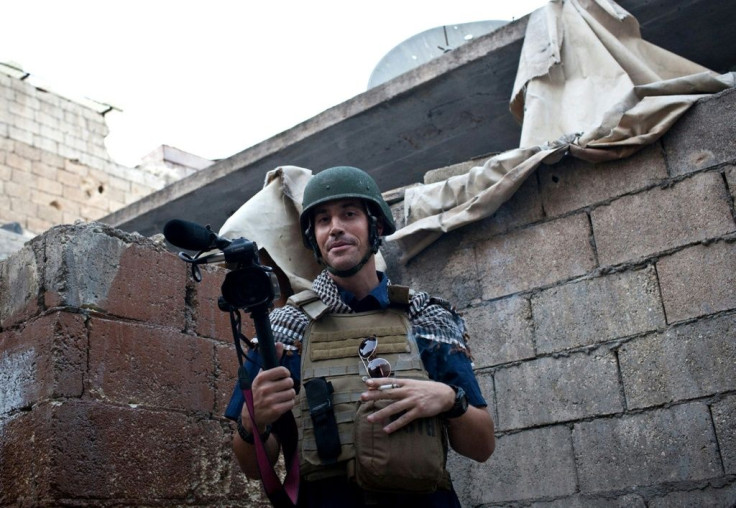US Hostage Recovery Efforts Better But Can Be Improved: Report
The US government has improved its coordination of efforts to secure the release of Americans held hostage abroad and its engagement with their families but further measures are needed, according to a report published on Wednesday.
The report was prepared by the James W. Foley Legacy Foundation, named after the American freelance journalist who was abducted by the Islamic State group in Syria and murdered in August 2014.
"The aim of this report is to identify the challenges that hostages, wrongful detainees and their families face, and present recommendations on how government policies can be improved to support these Americans," said James Foley's mother, Diane Foley, the president and founder of the Foley Foundation.
She said reforms adopted by President Barack Obama in 2015, as well as the passage by Congress in 2020 of the Robert Levinson Hostage Recovery and Hostage-Taking Accountability Act, "represent significant strides toward this goal."
The act was named for Robert Levinson, a former FBI agent who vanished in Iran in 2007 and is presumed dead.
The Foley Legacy Foundation report was authored by researcher Cynthia Loertscher, who said hostage-taking will continue to be used as a tactic around the world.
"Hostage taking's unique ability to place pressure on democratic governments will ensure that it remains a tool our adversaries will employ, be they near-peer competitors, non-state actors or somewhere in-between," Loertscher said.

"As such, developing effective policy and institutions dedicated to creatively solving these issues is critical," she said.
The report said US government engagement with the families of Americans held hostage by terrorist organizations or unlawfully or wrongfully detained by foreign governments remains generally effective.
But it said that "critical improvements" were needed in several areas, including hostage prioritization and "continuity of leadership within the US government's hostage recovery enterprise."
Since 2015, the US government has created an interagency Hostage Recovery Fusion Cell (HRFC) and a State Department Special Presidential Envoy for Hostage Affairs.
The report said "expedited declassification and sharing of information about hostage cases with families is essential to bringing hostages home."
"Increased support is needed to obtain proof of life of hostages and detainees, retrieve their remains, secure accountability and deter future hostage-taking," it said.
Returning hostages or detainess also require greater "physical and mental health support," along with assistance with ruined credit scores and inability to pay taxes and other bills while in captivity.
The Foley Legacy Foundation report was based on interviews with 42 people, including former hostages, family members and current or former US government and military officials.
© Copyright AFP 2024. All rights reserved.





















